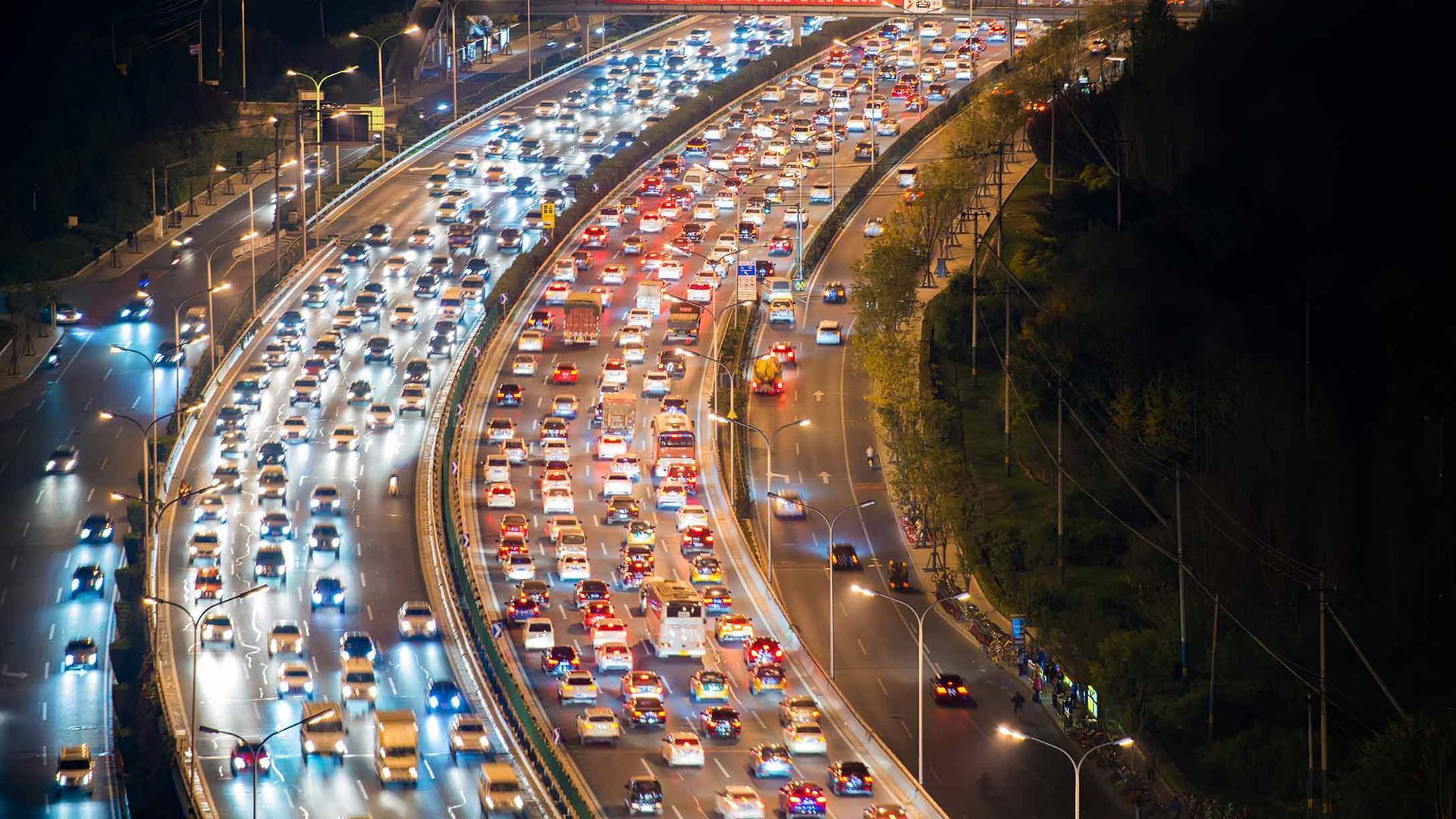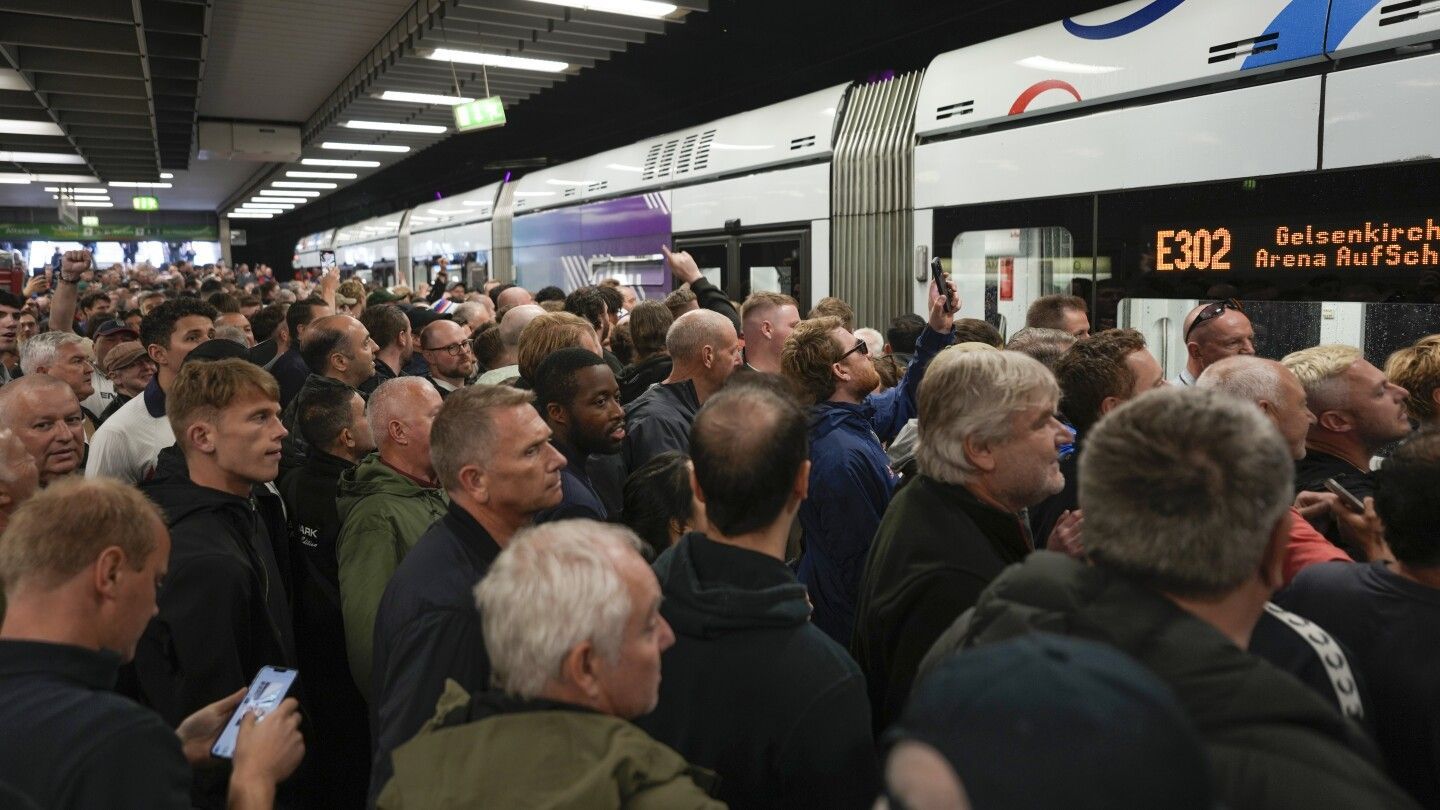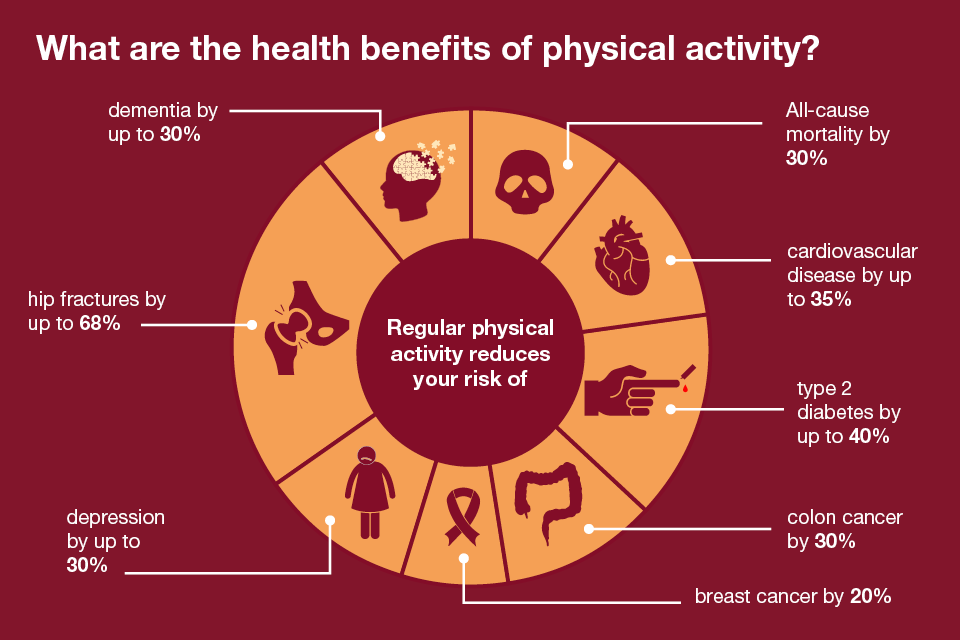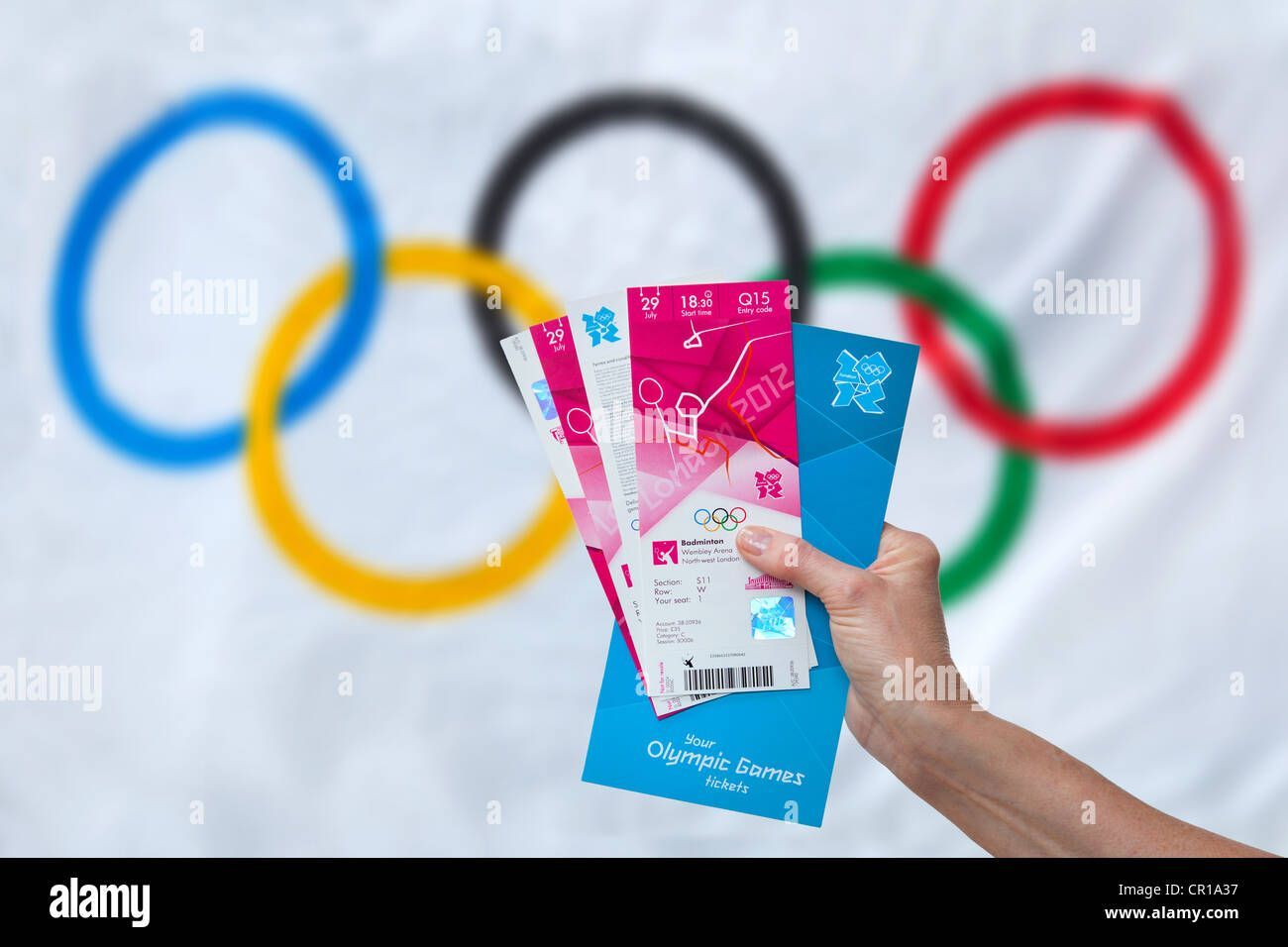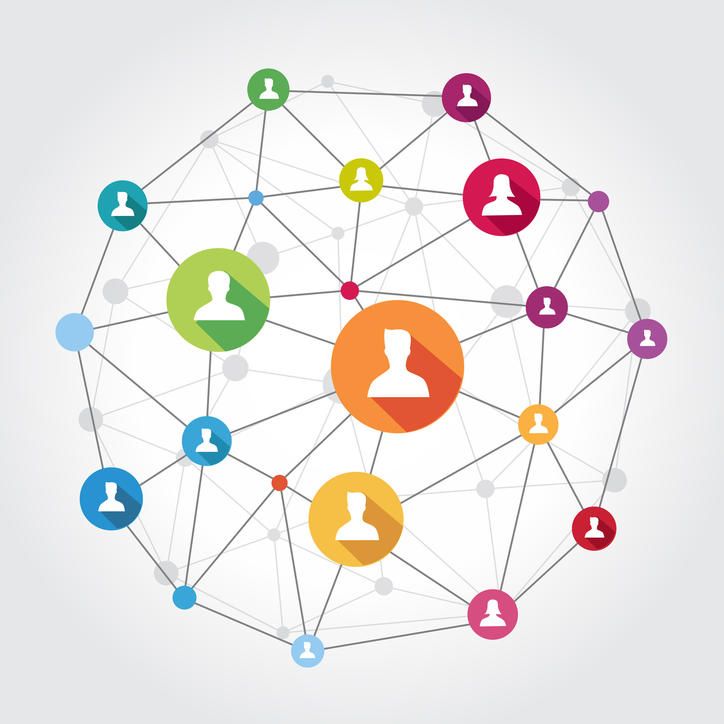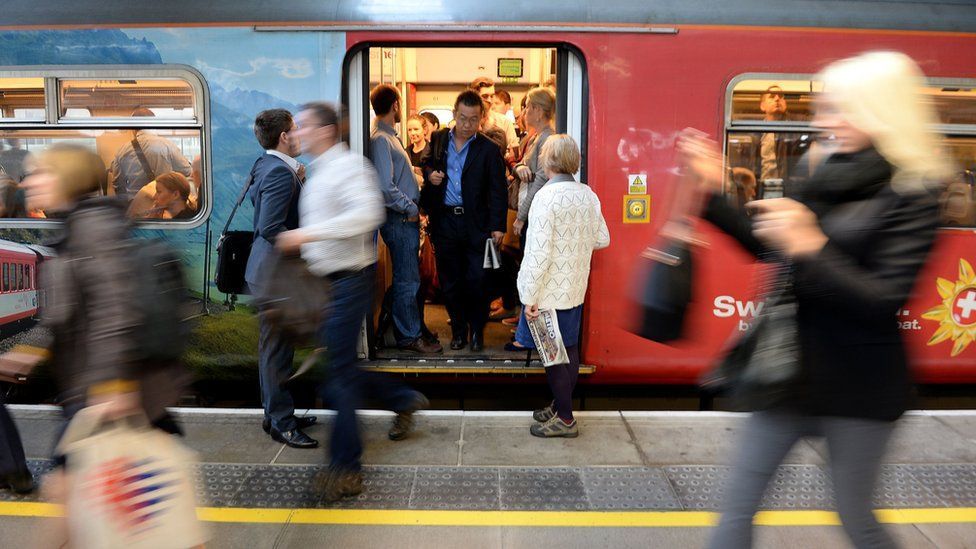What can regular transport planning learn from transport planning for major events?
Nothing because major sports events are not typical. That's the usual response. In this blog we suggest some lessons from recent sports events that transport planning professionals can apply in everyday situations.

Over one third of Londoners changed their travel behaviour during the London Olympics in 2012, over 42% of Glaswegians claimed to have changed their travel behaviour during last year's Commonwealth Games. The media was largely silent on transport, the Games were a success and the Cities continued to flourish. There is also evidence that these changes in behaviour continue. BUT these are major events and so there's no chance of replicating such outstanding behavioural impacts in a normal
situation is there. I disagree.
The transport planning fraternity should not be so quick to dismiss what was learnt during these events as being 'special'. There are many experiences from both these events, which we were fortunate to work on, that can apply in a non-Games environment and in doing so help secure mass behaviour change on a scale otherwise unimaginable.
One voice - we live in a world where transport systems are disintegrated, particularly when it comes to communicating with users. Even in London. The manner in which all transport operators came together in both events - or rather the effort that was expended to ensure that all operators saw the value of speaking with one voice to users was key. Glasgow was a great example of where all major transport operators had their chief marketing communications people sat around one table talking about their plans (as much as they felt comfortable with), how they would look to include consistent messages and falling over themselves to work together recognising the potential negativity of not doing so. Which other areas in the UK (or beyond) have a forum where transport communicators get together as a matter of course?
The hook - there is no doubt in my mind that organisers being able to point to a high degree of possible transport disruption arising from the event was key to the changes in behaviour quoted above. What matters therefore is being able to articulate issues to key audiences in such a way that they have high impact. Illustrating congestion impacts with heat maps and (red, amber, green) charts was also key. Why can't the same thing be done in association with impacts of major road works, rail station enhancements and so forth and use these as a catalyst for change. Even the introduction of a new town centre parking strategy can be used as a hook.
Audience segmentation - nothing new hear but when communicating with regular users we must do so in a different way to irregular users. It is much much easier to influence the travel behaviour of (irregular) visitors to an area to avoid busy parts of the network than it is influence regulars who will say 'they know better'. Yes regular users make up a huge proportion of a busy transport network but why not a focus on visitors in communications programmes to influencing travel behaviour - they're much more malleable after all! What is therefore vital is a quality research programme that monitors peoples attitudes, perceptions and actual/intended behaviours.
Have a v isio n - in the case of both events we knew what we needed travel behaviours to look like at Games time in terms of proportions travelling by different modes in order to ensure the area continued to function and that the events were a success. We also knew where we were starting from in terms of intended behaviours. All practitioners should be able to imagine how they want their transport system to be used in a world where their area if economically and socially vibrant. If not then how can a credible case be put forward to funding bodies, stakeholders, media and ultimately users to win attention and then demonstrate progress.
Optimising use of the transport system - the travel demand management programme that accompanied both events showed beyond doubt that with the right information and positioned creatively that people will make better use of the existing transport system WITHOUT the need for hefty investment in new services and infrastructure. London's underground system carried 4.5million people on it's busiest day during the Olympics outstripping the previous record by 1million BUT there was little or no crowding/queuing. Why? Because demand was 'flattened' across the network by time and route. In Glasgow 5 million additional journeys were estimated to have been made during the Commonwealth Games without major congestion - the reasons being the same!
Integrated marketing communications works - it's time for public authorities to better understand and apply how marketing communications in it's complete sense can and should help the electorate to use the transport system in a way that works for everyone. They say that a message needs to be seen or heard by someone at least 5 times before it registers in their consciousness. Whether using social media, digital media, printed media, radio etc careful thought and attention to how best to use each platform must be given. And not as an after thought. And with the right budgets.
There are many more lessons that transport professionals can take from recent events. I'd love to share more and happy to do so. If you're interested to discuss more then please get in touch. "It's not transport that is a threat to our future. It is the failure of people to use the system in the best way."
